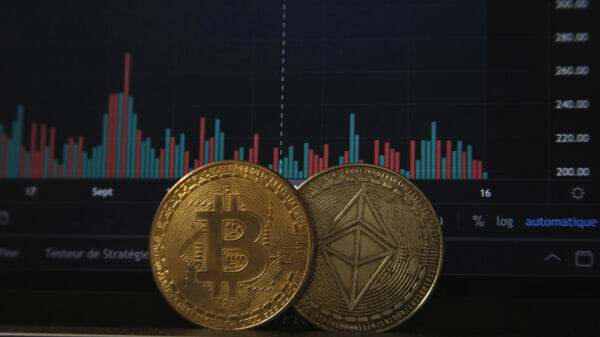Just weeks after rolling blackouts hit Zimbabwe, it would appear that the country’s economy is heading into a recession in 2019.
Both the country’s finance minister and the International Monetary Fund (IMF) have rung the alarm bells. The IMF adjusted its growth predictions for Zimbabwe as early as April. The changes saw Zimbabwe’s GDP growth projections lowered from 4.2% to a disastrous -5.2% for 2019. Now, Zimbabwean finance minister Mthuli Ncube has come out saying that the country will not achieve economic growth this year. Ncube had projected GDP growth for 2019 during his inaugural 2019 budget in November 2018, but he now reports that this will not be the case due to the deepening economic crisis in the country. While presenting the mid-term budget review in Harare on August 2nd, Ncube painted a dire picture of Zimbabwe’s economy and its future prospects. Discussing the issue, Ncube reports, “Owing to negative natural conditions, which badly affected a number of sectors particularly agriculture and power generation, coupled with inflationary pressures, foreign currency shortages and limited external financial support, the economy has faced major drawbacks to growth stimulation in the first half of 2019.” The government had previously projected 3.1% GDP growth for 2019, but now the agricultural sector is expected to contract by 10.1%, while most other industries are expected to contract to a lesser extent. The manufacturing sector is expected to neither grow nor contract, and mining is expected to grow 1.1%, down from the previous estimate of 7.5%.
Going into mid-August, Zimbabwean businesses are being decimated through a loss of value. Fuel and other energy shortages have caused businesses and individuals difficulty in getting to work and powering homes and offices. The country scrapped its national currency over hyperinflation a decade ago now, but foreign currency reserves are low leading up to the re-introduction of a Zimbabwean currency. At the moment, there are even fears of a hunger crisis, with a third of the country already struggling with food insecurity. Importing goods has become increasingly difficult, and unfortunately it looks like the situation won’t get better soon.













































